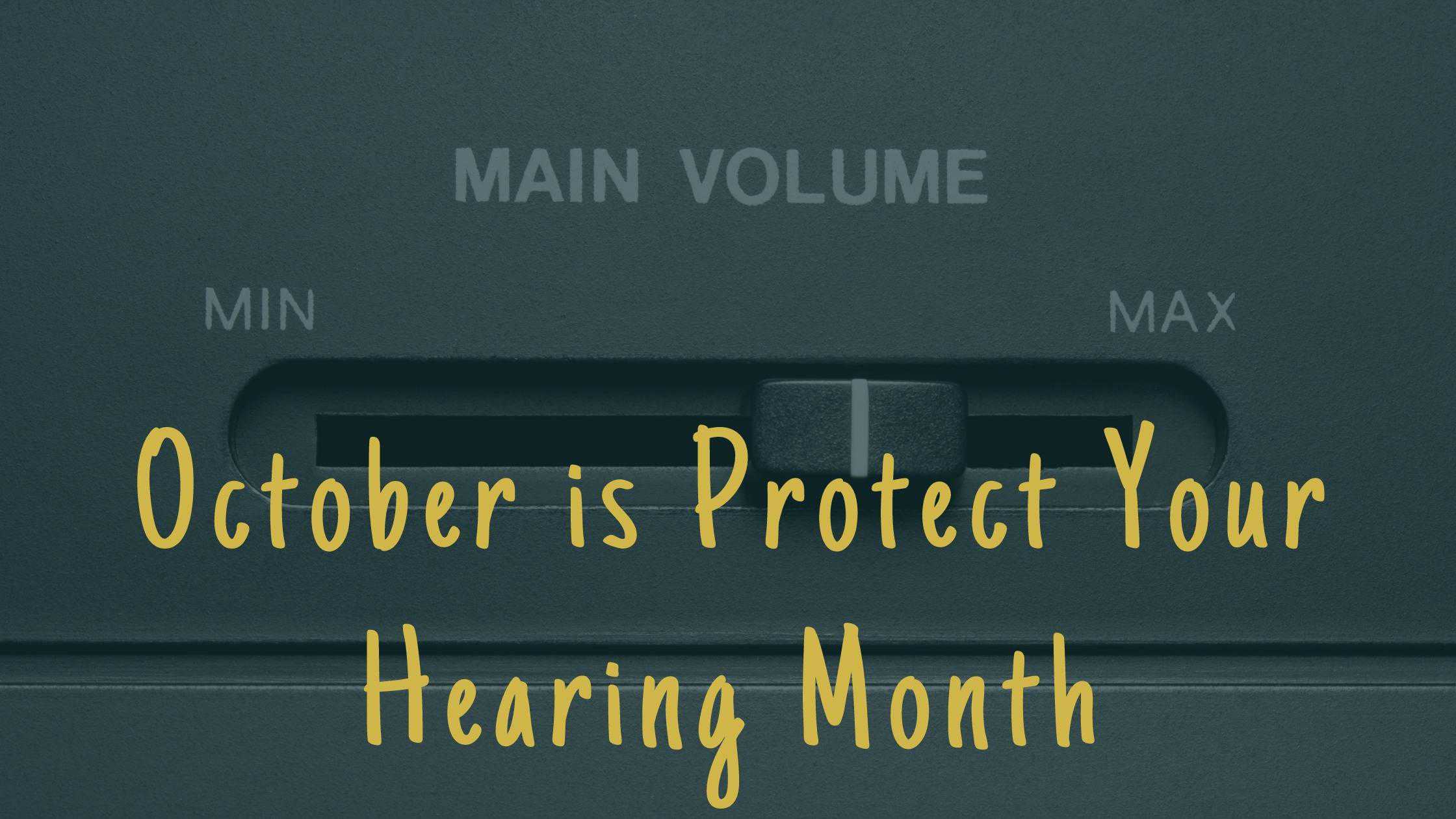
Did you know that noise-induced hearing loss can affect people of all ages? Hearing loss caused by excessive noise can occur suddenly or gradually over time, and it is irreversible. The National Institute on Deafness and Other Communication Disorders (NIDCD) encourages everyone to learn about noise-induced hearing loss, a preventable type of hearing loss, during Protect Your Hearing Month this October.
Although hearing loss affects people of all ages, there is a widespread misconception that it exclusively affects the elderly. According to a recent report by the US Centers for Disease Control and Prevention, approximately 8 million people between the ages of 20 and 29 have hearing loss, accounting for about 10% of the total Millennial population. Hearing loss also affects one out of every five teenagers, a figure almost 30 percent higher than that reported in the 1980s and 1990s.
Untreated hearing loss in this demographic can have significant consequences. People with hearing loss can make much less money, according to a 2012 study published in the journal Annals of Otology, Rhinology, and Laryngology. Establishing healthy hearing habits will be vital for the 6 million individuals who suffer from hearing loss, particularly the growing number of young people.
The causes of hearing loss
Hearing loss has biological and environmental causes, but the environmental causes are preventable, so that’s what we will focus on here. Most often, It is caused by short-term and long-term exposure to loud noises, such as those found in heavy machinery businesses or military activities. Sustained exposure to loud noises can happen in other areas, especially in places where Millennials are likely to be exposed, such as noisy concerts.
Tinnitus (ringing, hissing, or whistling in the ear), a feeling that sound is muffled or that the ear is plugged, difficulty comprehending speech in crowded places, and listening to gadgets such as the TV or even headphones at higher than usual volumes are all indicators of hearing loss.
It is critical to address these indicators of hearing loss, regardless of your age. According to research, hearing loss has been linked to various health issues such as dementia, anxiety, and depression.
Seeking help with hearing loss
There are numerous options for dealing with hearing loss. The first step is to schedule an appointment with a hearing health practitioner for a non-invasive and safe hearing test. Our audiologists will assist you in developing a hearing health plan that is tailored to your specific needs.
Assistive hearing technologies, such as hearing aids and hearing amplifiers, may be included in this hearing health plan. Fortunately, the rise of a new generation of hearing aids has overturned the reputation these devices once had as being bulky, ugly, and feedback-ridden. Hearing aids today are so improved that they are available in compact, practically invisible models and inconspicuous behind-the-ear models. Wifi is available in some hearing aids, and many of them allow you to modify the volume and directional microphones with ease. This new generation of hearing aids can help you improve your hearing health, regardless of your age.
Hearing loss prevention
There are other, more common strategies to avoid the unpleasant effects of hearing loss. The first is to be aware of where you are experiencing hearing loss and restrict your exposure to those environments, or use earplugs when you must be there. Hearing loss can be caused by sounds louder than 85 dB, according to most audiologists. A subway train in New York Downtown can easily reach 100 decibels, and a busy city street can reach 80 to 90 decibels.
Headphones, which are popular among Millennials, pose a significant threat to hearing health. In-ear headphones are especially harmful since they bring the sound closer to your eardrum and can raise it by up to 9 decibels—yet we frequently listen to our headphones at higher volumes in already-loud environments like public transit. The 60-60 rule is a solid guideline: listen to music for no more than 60 minutes through headphones at 60 percent of the maximum level.
Protect Your Hearing!
Of course, millennials can and should take care of their hearing to prevent mental health problems connected with untreated hearing loss. If your hearing abilities have changed recently, contact our team today to set up an appointment.
